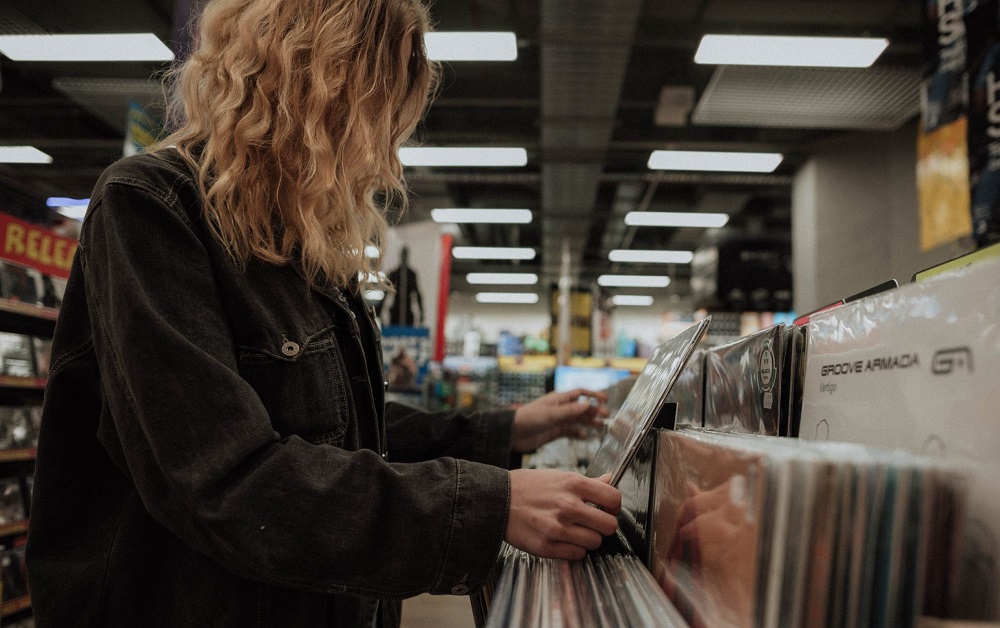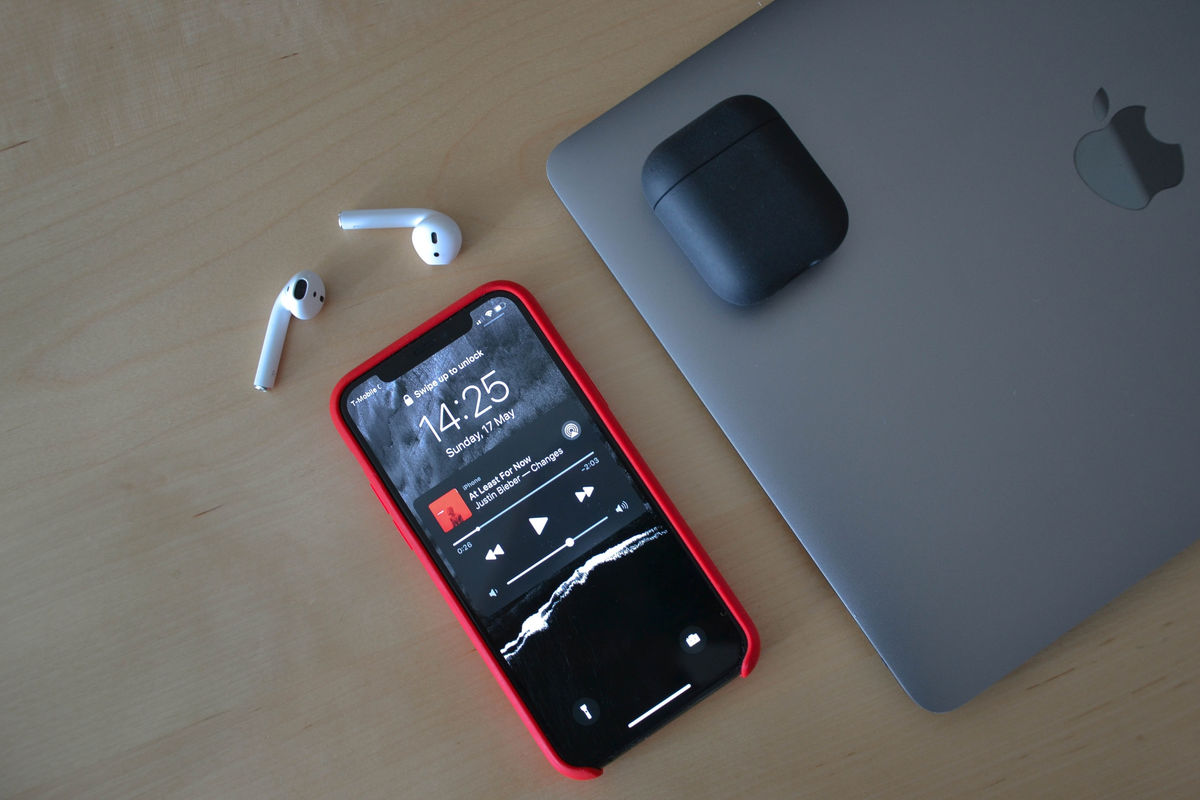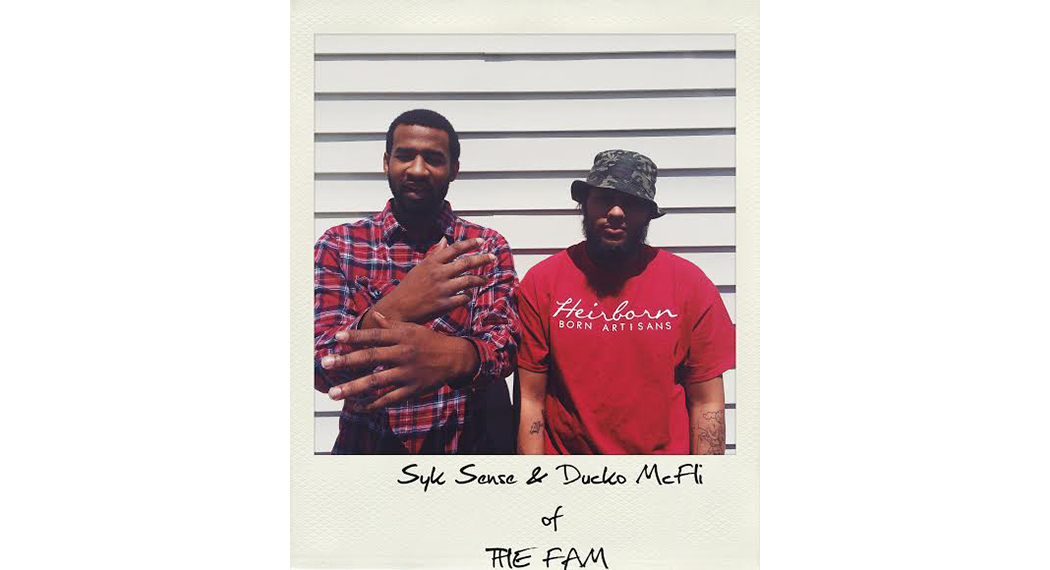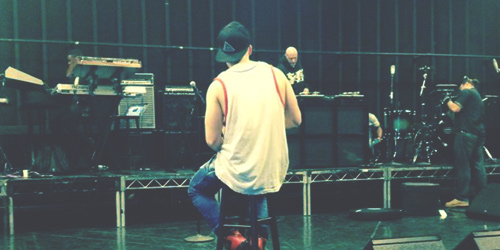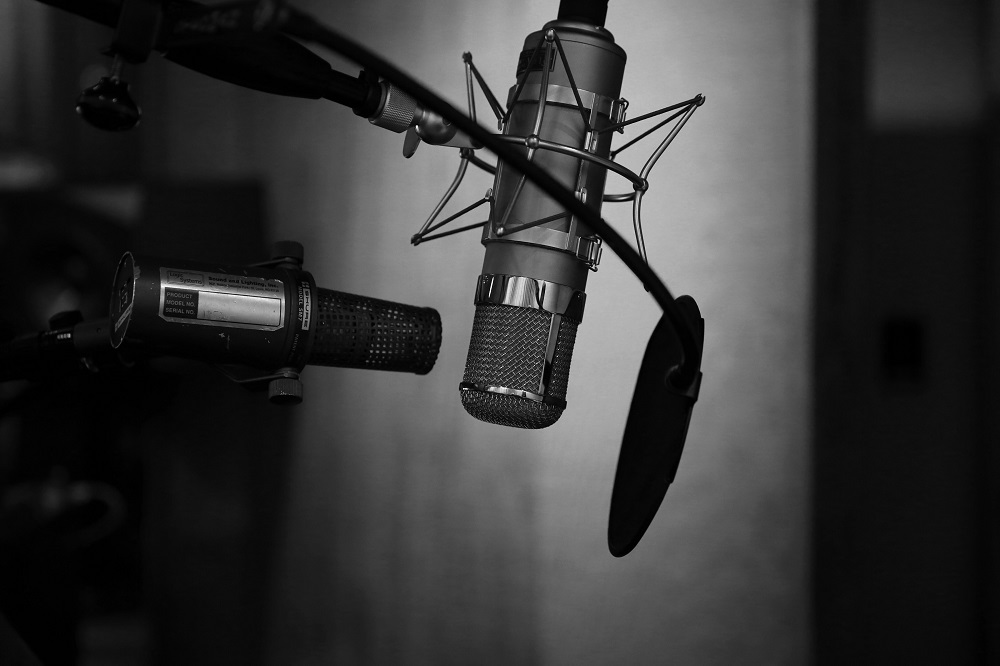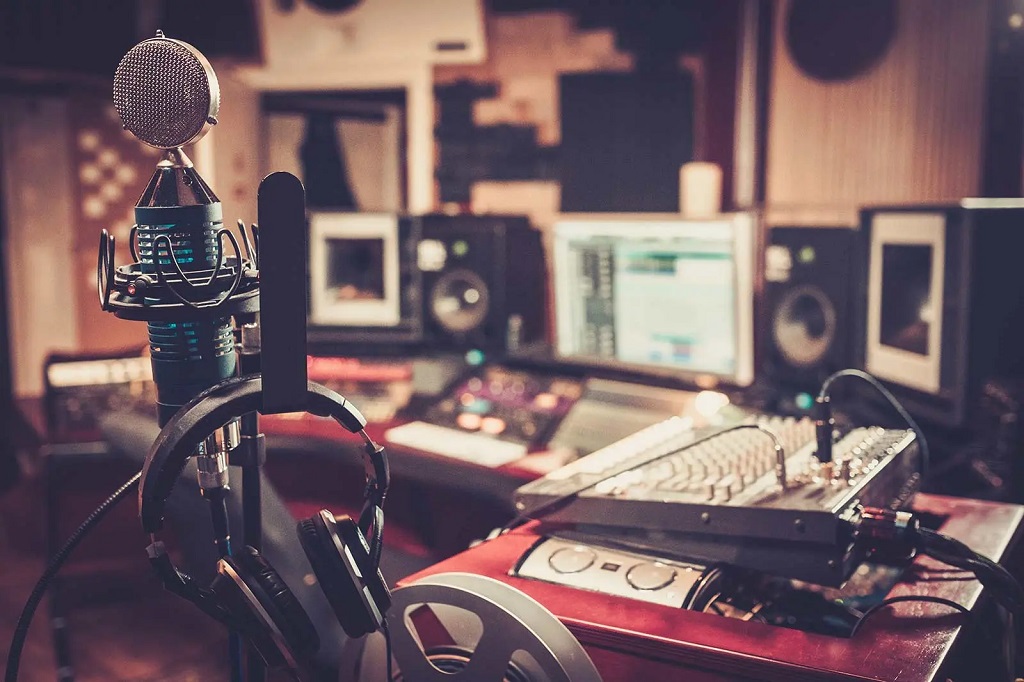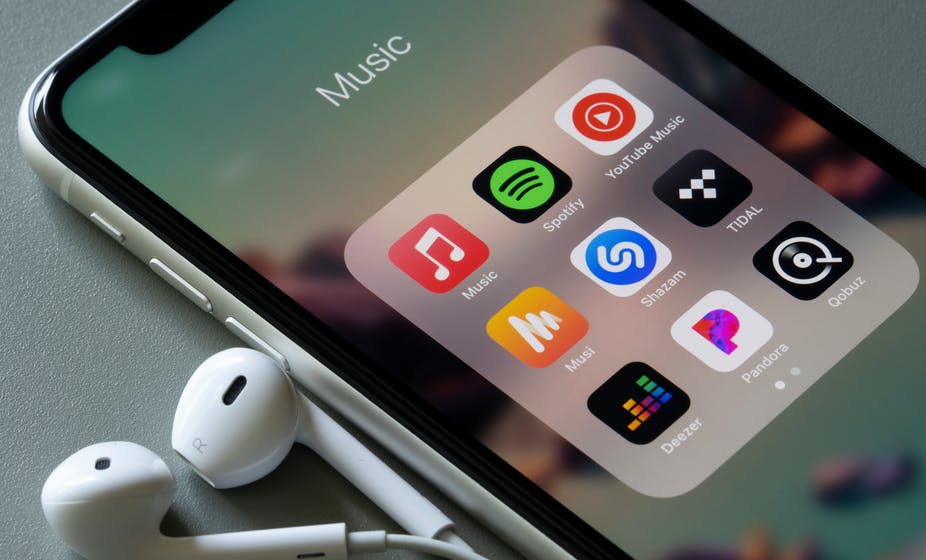HOW TO PREPARE FOR A RECORDING STUDIO SESSION?
Despite the rise of the bedroom musician, with fantastic records being made in home studios more abundantly than ever, no DAW or VST plugin on your laptop can emulate the tactile, engaging and deluxe experience of creating music in a truly collaborative and focused environment; equipped with professional hardware, acoustically treated rooms and the right community vibe. Studios are often the ideal solution for getting it all right, but can be an expensive endeavour, especially when things don’t go as planned.
The recording process isn’t always straightforward and can be a volatile beast, so how do you ensure things don’t spiral out of control? Whilst every artist’s circumstance will vary, these flexible and cautionary steps might just save your life in the electrifying world of recording music.
PREPARING YOUR BAND FOR THE RECORDING STUDIO
KNOW WHAT YOU WANT & WHY YOU WANT IT
All too often this stage is overlooked and can have devastating ramifications if ignored. Before considering the lengthy and somewhat expensive process of recording music, it’s important to ask: do I need this? Why do I need or want this? What will I hope to achieve from this? What will the end product sound like?
The answers to these questions will depend on your resources and motivations for recording. You may even find that your music doesn’t require the professional touch! However, understand that entering the studio blindly can severely affect your project’s budget, or your relationships with the people closely involved.
Chart-breakers don’t materialise from nothing. They’re culminations of many passionate hours (sometimes even years) of hard-work and dedication, so prepare yourself for MANY hours of labour ahead.
FIND THE RIGHT STUDIO FOR YOU
The recording industry is rich with producers specialising in select genres, so be sure to choose the right one. You probably wouldn’t ask a prominent RnB producer to spearhead production on your Grindcore debut.
Many of today’s great studios have historical legacies, through affiliation with world-class records having been made in their facilities or the occupation of legendary in-house producers. Such studios often are linked to entire communities as hubs for like-minded artists. Use the experience as a networking opportunity!
Your experience or agenda may also dictate your reconnaissance. Investigate their available digital and outboard gear, the sound and value of previous works, how large/small the tracking rooms are and so on. These factors, combined with the skill set of the engineer harnessing them, are key to determining how your recording will sound.
SET YOUR BUDGET & LIMITATIONS
By this stage, you will have figured out what, where and why you’ve chosen to record your music professionally. Now you’re ready to flesh out the finer details such as tracking schedules, budgeting, equipment listing and more.
Budgeting comes first and will determine the scope of your project. Depending on how price is negotiated with the recording studio, your budget will define what sessions can be afforded, what equipment can be bought or leased for the project, and the hours your engineer can fairly devote.
The quality of a great record isn’t tethered by what your budget permits but is rather more easily attainable through how time is managed. In the world of recorded music, meeting deadlines is paramount to moving forward. Having each instrument’s tracking sessions scheduled into a dedicated period will facilitate the focus to complete the allocated work. But always budget for an extra session or two in advance in case your sessions run a bit awry. It may just save your project!
Although fairly disconnected from the creative process of recording itself, a well-planned budget and schedule will introduce the discipline to complete milestones and minimize unwanted contingencies. In certain regions, a REALLY well-planned budget and schedule may deem your project eligible for a substantial arts grant, which may seriously bolster your project’s sonic potential and offset costs.
PRACTICE, PRACTICE, PRACTICE (WITH A CLICK TRACK)
The recording process is streamlined when all the musicians know their parts inside-out. So, it’s important that everybody can perform well as a group, independently and to a metronome if possible. Especially if you’re tracking a live drummer for your sessions, make sure they can play to the click track!
The value of a truly confident, skilled drummer is gold to audio engineers. If you can bring one into their studio, you’ll enhance their morale and admiration for what you’re doing.
Why? Your drummer underpins the production of any song in more ways than simply laying down the beat. Tracking drums to a determined tempo will affect how dynamic and time-based processing can be effectively applied to tracks throughout the mixing process. Unless you’re tracking directly to tape, chances are you’ll save the engineer some painstaking hours of beat-correction, and resultantly your own expenses.
KNOW YOUR GEAR
Many studios may be well-equipped with immaculate vintage drumkits, rare tube amplifiers, boutique pedals and other handy toys. But chances are you’ll be bringing a volume of your own equipment, so make sure that it works!
How well your equipment works is down to you, be it for creative or functional reasons. It’s not uncommon for some musicians to deliberately leave old strings on guitars, or limit voltage to particular distortion pedals. But always at least ensure that your amplifier turns on, your guitar pedals power up, and your guitar signal works! Whether you’re chasing immaculate tone or a lo-fi aesthetic, no sound at all will always be bad news.
These steps are certainly not the be-all-and-end-all solutions to a fool-proof album recording plan. But should serve as a comprehensive template for how you can fortify your project, especially if it’s your first time stepping into a professional studio. Always be prepared!

